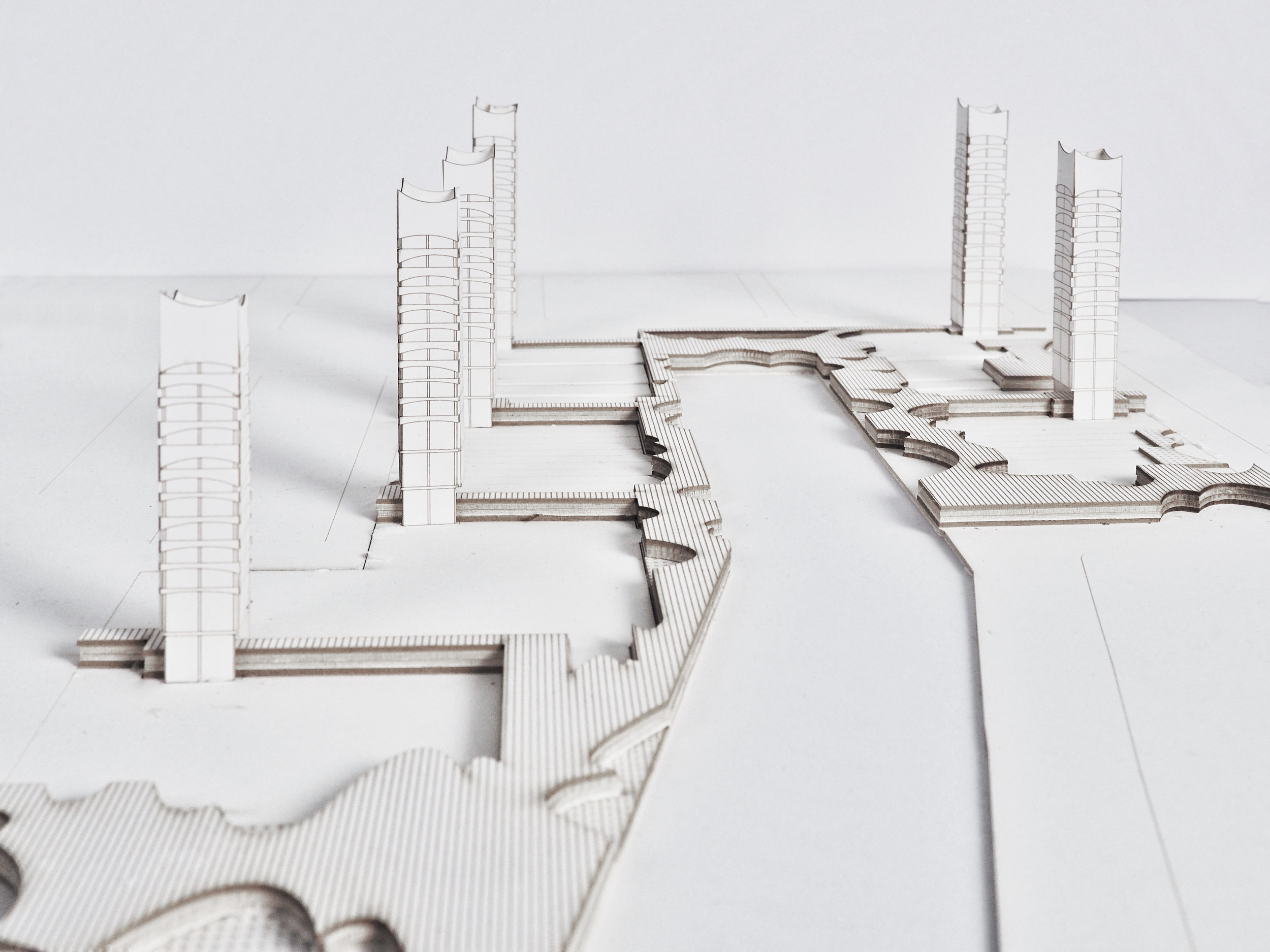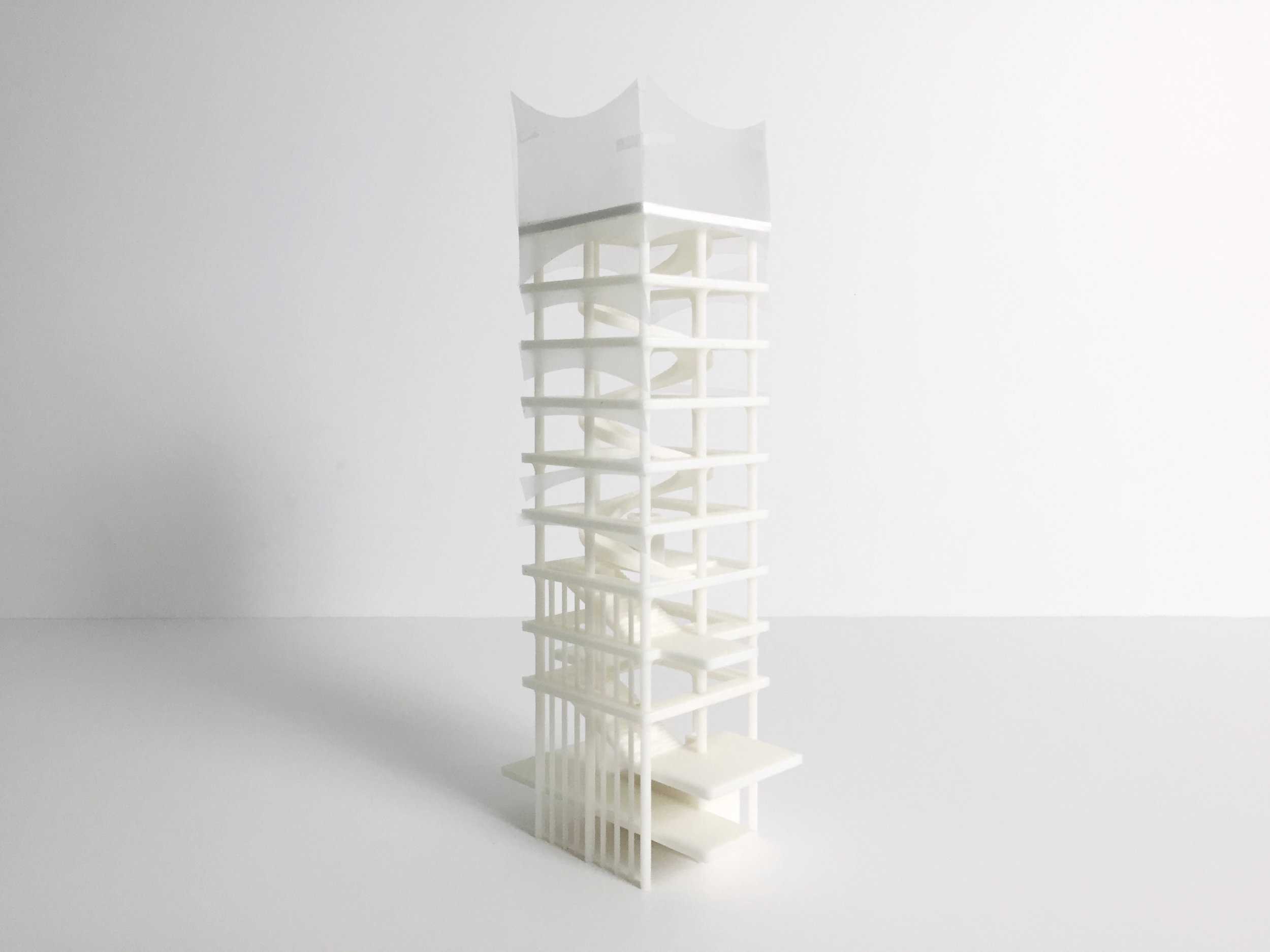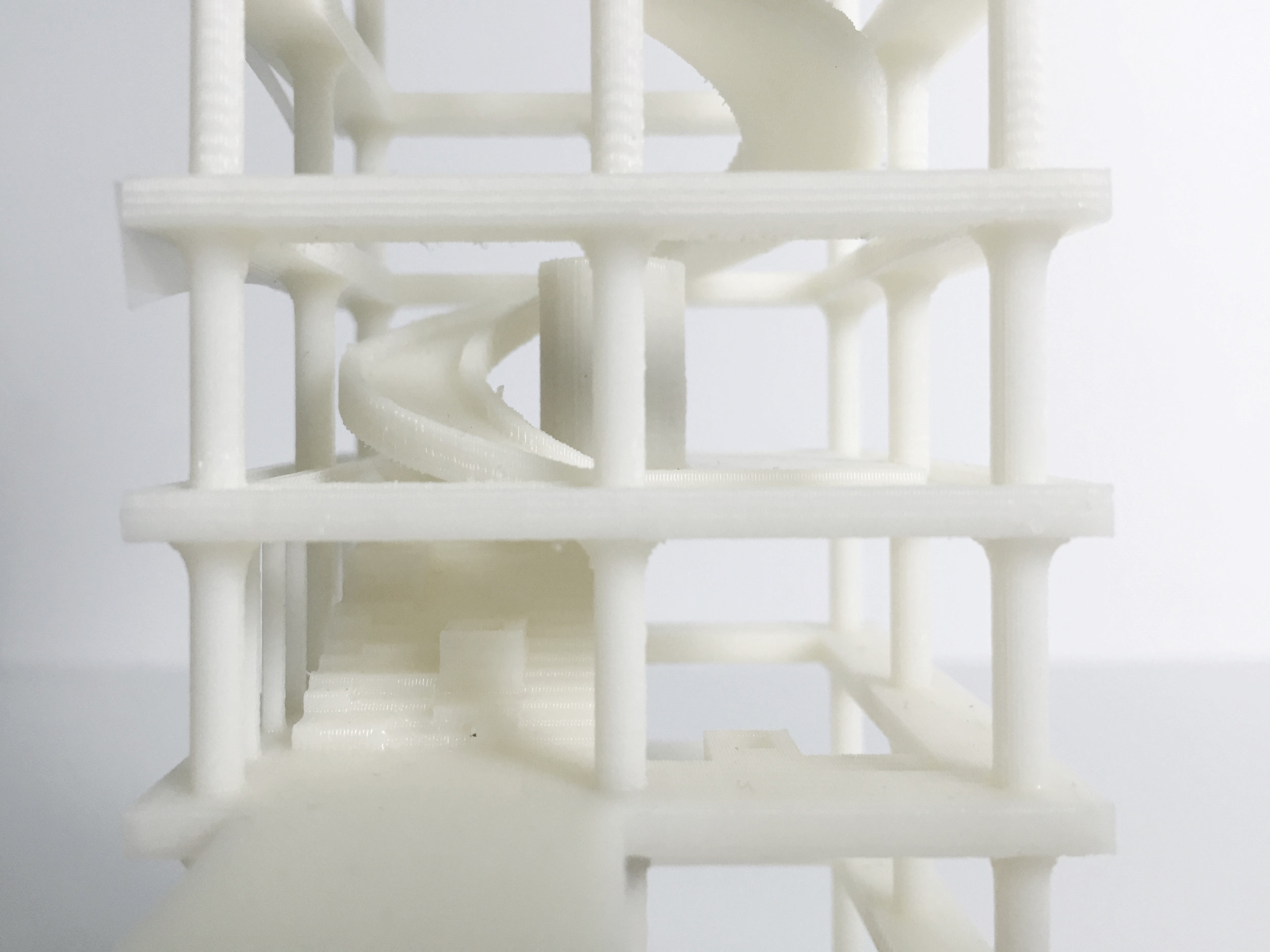RE(verse)mediation
2017 Summer Long Island City, NY
Instructor: Kaja Kuel
Partner: Ken Koomsiripithuck, Janki Shah
Long Island city is under constant pressure of development,its industrial character is replaced by residential and commercial buildings expanding inwardly towards the city across the water front. However due to its industrial land use, the land is contaminated owing to chemical and oil spills. In the conventional development method, the non-contaminated sites are prominent locus for city’s growth and expansion.Often contaminated sites are ignored or abused, they are used as waste yard, Parking lots or warehouse. These sites interrupt to create a cohesive built environment, fails to create a sense of place due to its inability to perform comprehensive transformative process.
TRADITIONAL REAL ESTATE MODEL ANALYSIS
In the conventional development method, the non-contaminated sites are prominent locus for city’s growth and expansion.Often contaminated sites are ignored or abused, they are used as waste yard, Parking lots or warehouse. These sites interrupt to create a cohesive built environment, fails to create a sense of place due to its inability to perform comprehensive transformative process.
Re(verse)mediation phasing
Our Design proposal intends to define the transformation of development with focus on creating ecological environs for its inhabitants. It determines to generate new living culture that is positioned on performance of efficient ecological system.It aims to reverse the conventional development method by creating system to clean up the land contamination.
The proposal transacts into 3 levels
The remediation process in the most contaminated land is achieved by a filtration tower and a constructed wet land. The water from city mains is carried to the site, it absorbs the contamination from the soil and filters using gravitational force from the tower.In the intermediate stage,the site is flourished into a green space that is utilized as an interim public space. The final phase is a development stage that aims to perform as an ecological sustainable entity.
PHASING DIAGRAM
PHASE ONE - REMEDIATION
PHASE THREE - RE-MEDIATING PUBLIC SPACE
FILTRATION TOWER DETAIL









